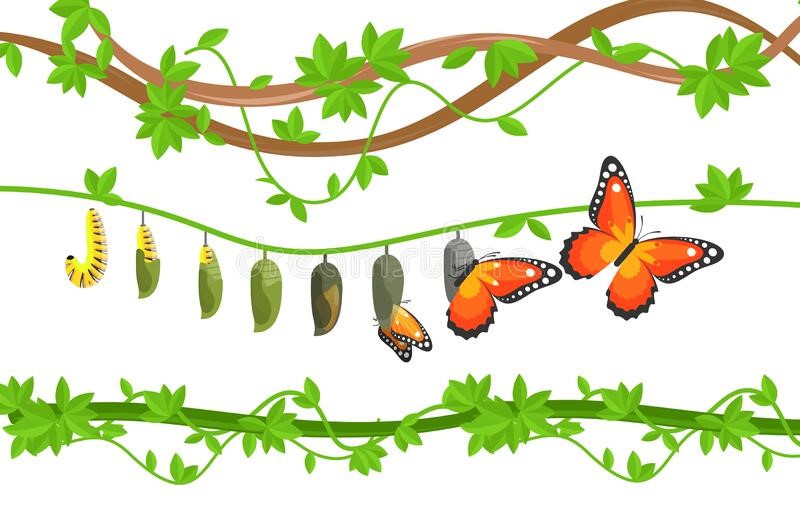By Dr. Alan Leavens
Your article on Change was very interesting, but I find it difficult, if not impossible, to make certain changes. Is there a technique for accomplishing necessary changes?
There are probably many different techniques depending on the person involved and the changes that need to be made. But the mantra that I’ve been familiar with for many years is “Behavior Precedes Attitude.” Simply stated, if one behaves a certain way for a certain amount of time, one’s attitude begins to change. For example, if someone wants to be more active, to get more exercise, and to be involved in more activities, it is unlikely that they will simply become that person overnight. What they need to do is change their behavior. That is, perhaps decide that every day, they will go outside and walk for 15 or 20 minutes and go in to town and listen to music once a week at a local bar or restaurant. That is a behavior change, whether you like it or not. It is to be hoped that after doing that new behavior for a certain length of time, it will become more enjoyable and habitual, such that one’s attitude toward activities becomes more welcoming. Thus, change in habits (attitude) depend on changes in behavior.
Sometimes, changes in behavior lead nowhere. We find that the behavioral changes are disagreeable and we stop. Our attitudes remain as they were. But sometimes we find that the behavioral changes are enjoyable or interesting and our attitude toward the activity becomes more open and welcoming.
Making changes during a pandemic is often not voluntary. We already saw (in an earlier article) that the “new normal” resulted from changes we did not necessarily want and, in fact, were resisted strongly by some—such as wearing masks, social distancing, etc. But other changes are sought by people who see that this world situation is not going to be much different in the near future. They decide to use the time to learn something new, or explore certain lifestyle alterations. Not being able to go out to many small restaurants for example, has pushed quite a few would-be chefs into improving their cooking skills and pushed them into discovering different, perhaps unheralded cuisines, which, in turn, has opened up an interest in the country of origin of that cuisine. These types of changes can be fascinating and enriching; and can be easier to perform than changes that are viewed with resistance rather than reception.
Many people who have shunned social media, or even computers, have discovered new ways of interacting with family and friends. This article, for example, in our weekly newspaper, can only be read online for now. For those who want to keep up with certain local news, the necessity of learning how to access Atencion online has been a positive change.
Viewing change as a positive rather than negative life adjustment then, is perhaps the first—and most important step—for accomplishing necessary changes.
Alan Leavens PhD, is a California licensed Clinical Psychologist, living and working in SMA. For questions or concerns that you wish him to address, please email: aleavens@drleavens.com

